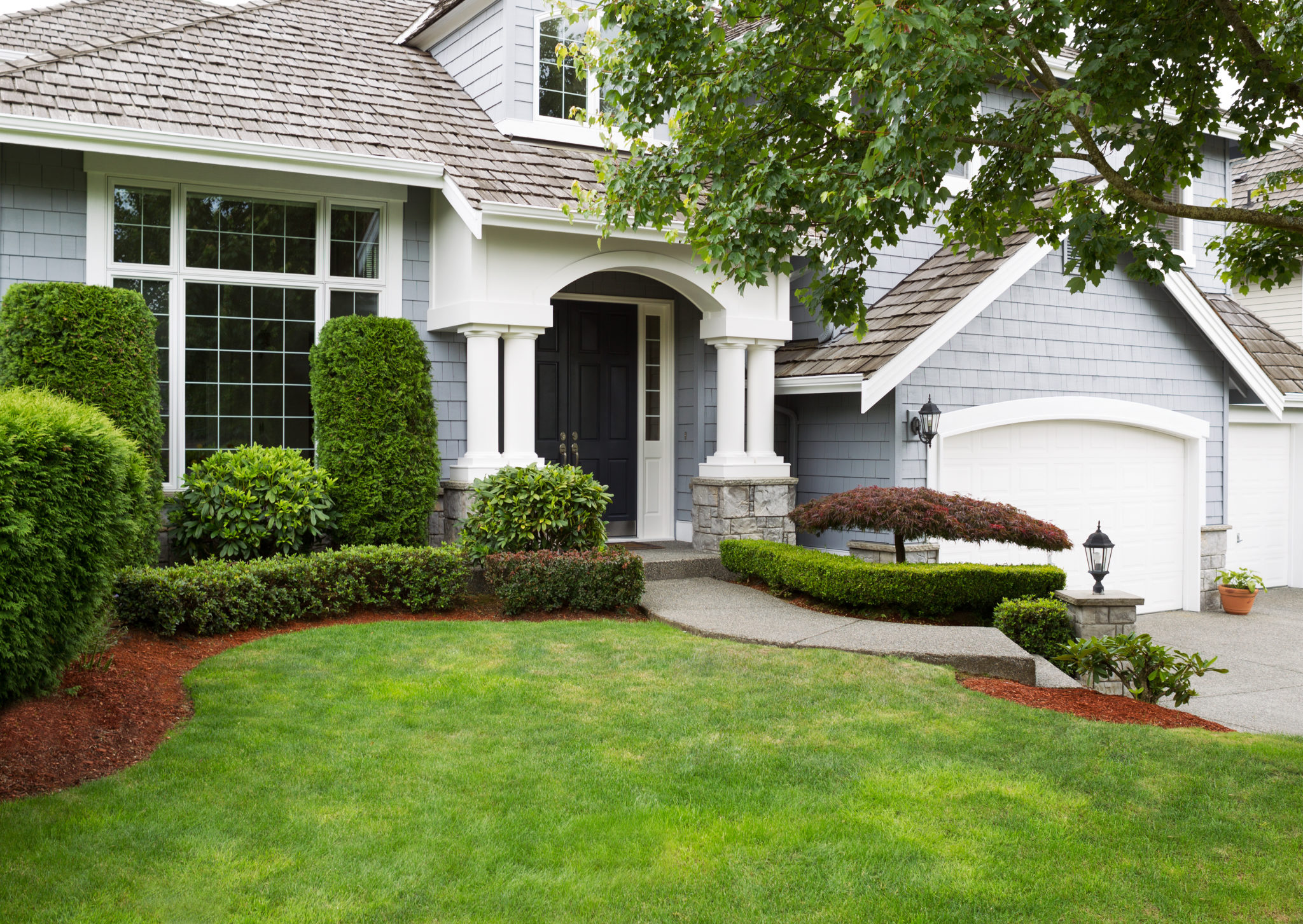
Home Loan Programs
Conventional Home Loans
Conventional mortgage loans are not insured or guaranteed by the federal or state government, this makes it a higher risk loan for the bank, so the qualifications are more strict. Typically, conventional mortgage loans adhere to the guidelines set by Fannie Mae and Freddie Mac. Fannie and Freddie are the two government-sponsored enterprises that purchase and sell mortgage-backed securities (MBS). Conventional loans may have either a fixed or adjustable rate, usually require a higher down payment, and have higher income and credit score requirements than government loans.
-
Jumbo Loan
A jumbo loan, on the other hand, exceeds the conforming loan limits established by Fannie Mae and Freddie Mac. This type of mortgage represents a higher risk for the lender, mainly due to its size. As a result, jumbo borrowers typically must have excellent credit and larger down payments, when compared to conforming loans. Interest rates are generally higher with the jumbo products, as well. Loans are typically used to buy more expensive homes and high- end custom construction homes.
-
Conforming Loan
A conforming loan is one that meets the underwriting guidelines of Fannie Mae or Freddie Mac. A conforming loan falls within their maximum size limits, and otherwise “conforms” to pre-established criteria.
Government-Insured Home Loans
Government-backed loans are insured by the U.S. government. The government does not lend money to the borrower; instead, it promises to repay some or all of the money to the lender in the event that the borrower defaults. This reduces the risk for the lender when making a loan.
Government-backed loans can be a good option for borrowers who would not be able to qualify for a conventional loan. Compared to conventional loans, government-backed loans have lower down payment and credit score requirements. Though government-backed loans can provide flexibility for home buyers, they may carry a higher interest rate than comparable conventional loans, and require the borrower to pay mortgage insurance.
-
FHA Loans
An FHA loan is a mortgage insured by the Federal Housing Administration, a government agency within the U.S. Department of Housing and Urban Development (HUD). Borrowers with FHA loans pay for mortgage insurance, which protects the lender from a loss if the borrower defaults on the loan.
FHA loans are available to all types of borrowers, not just first-time buyers. They offer competitive rates, less-stringent credit requirements, and low down payments (as low as 3.5%* of the purchase price).
Example FHA: Loan amount $300,000, 3.5% down, monthly payment without taxes and insurance $1,501.74, APR 5.395%, FHA monthly MI is $211.00.
-
FHA 203(k)
The FHA 203(k) renovation loan enables homebuyers and homeowners to finance both the purchase (or refinancing) of a house and the cost of its rehabilitation through a single mortgage or to finance the rehabilitation of their existing home.
The extent of the rehabilitation may range from relatively minor (minimum of $5,000 in eligible repairs) to virtual reconstruction.
-
FHA Streamlined 203(k)
FHA’s Streamlined 203(k) permits homebuyers and homeowners to finance up to $35,000 into their mortgage to repair, improve, or upgrade their home. Ideal for smaller projects, homebuyers and homeowners can quickly and easily tap into cash to pay for property repairs or improvements, such as those identified by a home inspector or an FHA appraiser; make property repairs, improvements, or prepare their home for sale; make their new home move-in ready by painting the interior, remodeling the kitchen, or purchasing new carpet.
-
VA Loans
A VA loan is a guaranteed mortgage loan supported by the U.S. Department of Veteran Affairs designed to make homeownership more affordable for active-duty military, veterans and their families.
VA Home Loans are made to eligible veterans (who were honorably discharged) for the purchase of a home for personal occupancy. The VA provides 100% financing with flexible qualifying standards. Borrowers must have suitable credit, sufficient income, and a valid Certificate of Eligibility (COE) to be eligible for a VA-guaranteed home loan.
-
USDA Loans
The United States Department of Agriculture (USDA) offers a loan program for rural borrowers who meet certain income requirements. The program is managed by the Rural Housing Service (RHS), which is part of the Department of Agriculture. It features flexible underwriting requirements and 100% financing with no down payment.
The USDA mortgage loan is offered to “rural residents who have a steady, low or modest income, and yet are unable to obtain adequate housing through conventional financing. Qualified program participants must purchase a home in an eligible rural area, as defined by the U.S. Department of Agriculture, and have a household income that does not exceed the established limits where the home is located.
Contact Capstone Home Loans today!
All mortgage products are subject to credit and property approval. Rates, program terms, and conditions are subject to change without notice. Not all products are available in all states or for all amounts. Additional conditions, qualifications, and restrictions may apply. This is not an offer for extension of credit or a commitment to lend. Please contact Capstone Home Loans for more information.
*Please visit our Disclosures page for more details for all loan types.
Phone
(425) 582-2420
Address
3400 188th St SW, Suite 101
Lynnwood, WA 98037

